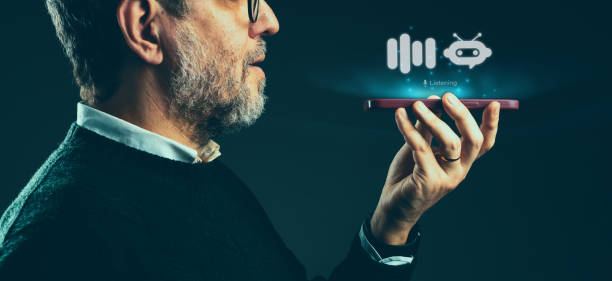Conclusion
Voice-based lie detection apps are a fascinating intersection of technology, psychology, and human communication. While the promise of uncovering deception through subtle vocal cues captivates our imagination, the reality remains far more complex. Our testing and research show that, although these apps can detect some vocal indicators associated with lying, their accuracy is inconsistent and influenced by numerous variables, including individual speech patterns, emotional states, and cultural differences.
Current technology cannot replace the nuanced understanding that human judgment provides, and experts caution against relying solely on these tools for important decisions. Privacy concerns, ethical considerations, and potential misuse further complicate the adoption of voice lie detection in everyday life. Nevertheless, ongoing advancements in AI, data collection, and multimodal analysis offer hope for improved reliability in the future.
For now, consumers should approach these apps with skepticism and awareness of their limitations. Used responsibly, they can serve as entertaining conversation starters or supplementary insights but should never be trusted as definitive lie detectors. As technology evolves, so too must our understanding and ethical frameworks surrounding these tools, ensuring they enhance rather than undermine trust and fairness in human interactions.
Q&A
Q1: Can voice lie detection apps reliably detect lies?
A1: No, current voice lie detection apps have moderate accuracy and cannot reliably detect lies due to many influencing factors.
Q2: What vocal features do these apps analyze?
A2: They analyze pitch, speech rate, hesitation, tone, and vocal tremors as possible indicators of deception.
Q3: Are these apps suitable for legal or employment decisions?
A3: No, experts advise against using them for serious decisions because of their limited accuracy and ethical concerns.
Q4: How do emotional states affect app accuracy?
A4: Stress or nervousness unrelated to lying can cause false positives, reducing reliability.
Q5: Is voice lie detection technology better than polygraphs?
A5: No, polygraphs have a longer history and measure physiological responses, but both have limitations.
Q6: Can accents or speech disorders impact results?
A6: Yes, diverse accents and speech variations often confuse the algorithms, leading to inconsistent results.
Q7: Are these apps safe regarding user privacy?
A7: It depends; some apps collect and share voice data, so users should review privacy policies carefully.
Q8: Will future technology improve accuracy?
A8: Possibly, with advancements in AI, larger datasets, and multimodal approaches combining voice with other signals.
Q9: Can long conversations improve detection accuracy?
A9: Longer samples may provide more data, but accuracy still depends on context and individual variability.
Q10: How should consumers use these apps?
A10: As entertainment or supplementary tools, not as definitive lie detectors or for critical decisions.





